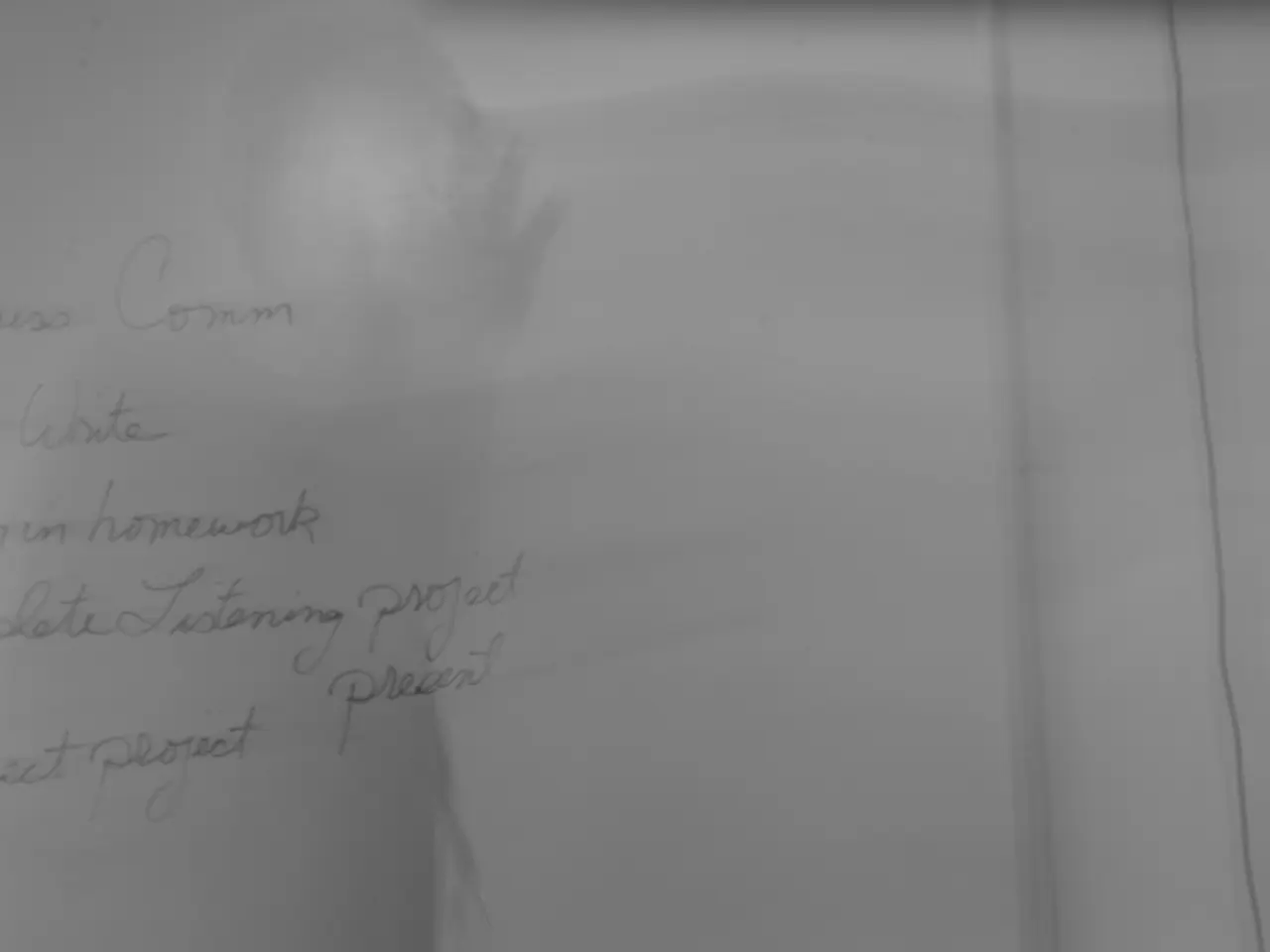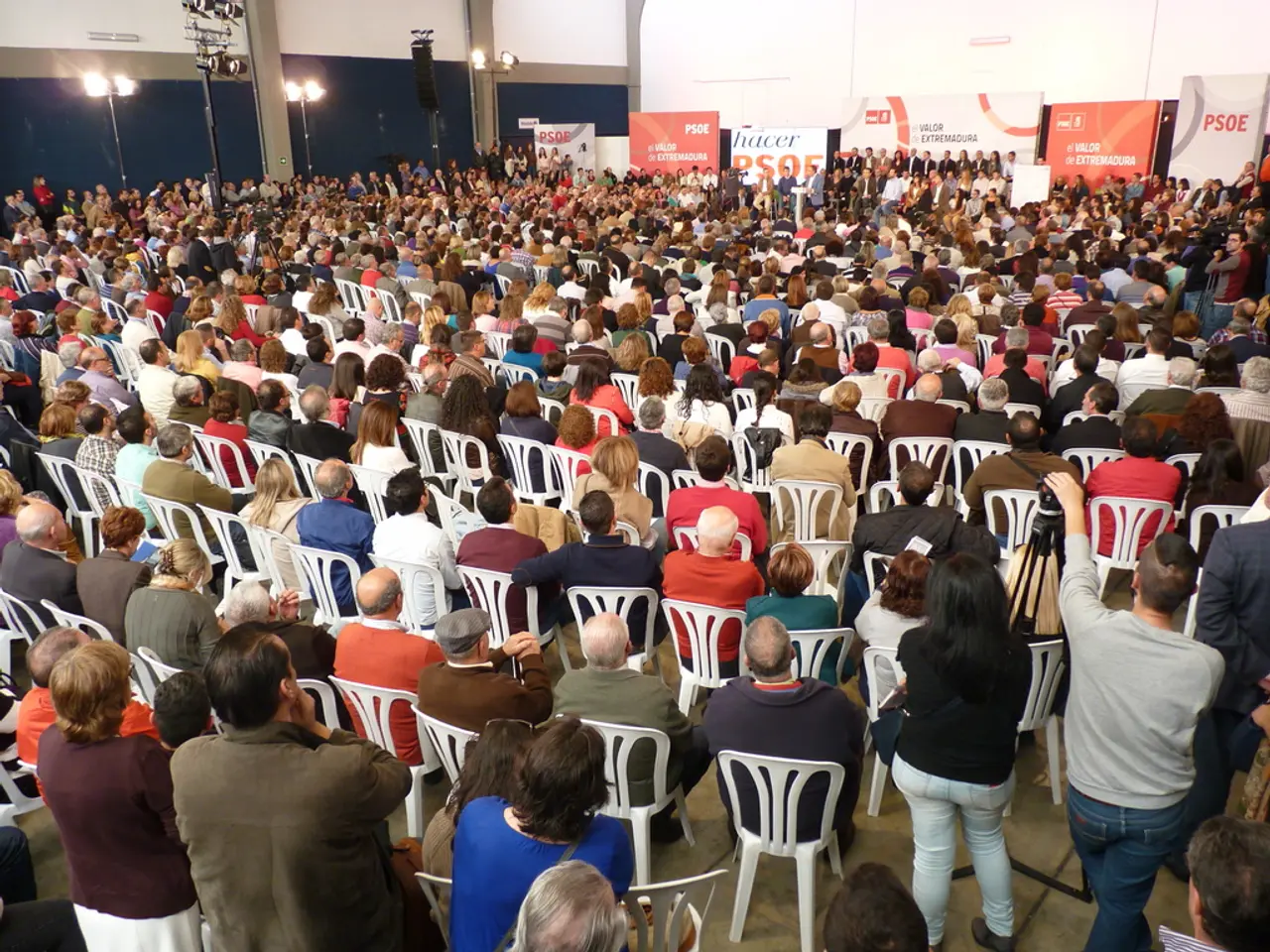New President Karol Nawrocki Outlines Agenda for Poland
Nawrocki, a nationalist, took the oath of office as the new President of Poland, dealing a setback for Tusk.
Poland's newly elected President, Karol Nawrocki, is set to pursue a national conservative and nationalist political agenda, emphasizing a strong pro-U.S. stance, cautious support for the European Union (EU), and a reserved approach towards NATO.
EU Membership and Relations
Nawrocki supports Poland’s EU membership but with growing skepticism shared by parts of Polish society. He takes a cautious stance on fast-track EU accession for Ukraine, insisting on resolving important historical and civilizational issues first, particularly regarding Ukrainian wartime atrocities against Poles. His presidential powers could be used to block or delay EU nominations, slowing down Polish engagement with Brussels.
NATO and Security Policy
While supporting NATO and Poland’s existing membership, Nawrocki opposes Ukraine’s NATO accession until Kyiv addresses historical grievances and modifies certain refugee benefit policies he sees as disadvantageous to Polish citizens. His policy is marked by a strong anti-Putin and anti-Russian stance, emphasizing Poland’s strategic need to support Ukraine in its war against Russia.
Relations with the United States
Nawrocki is aligned closely with the United States, especially with conservative U.S. political figures like Donald Trump, whom he met and who supported his campaign. His presidency is expected to deepen Poland’s U.S. ties, reflecting a “pro-Western” and “pro-Donald Trump" orientation, likely emphasizing transatlantic security cooperation and countering Russian influence.
Domestic Policy and Political Positioning
Backed by the conservative and national conservative Law and Justice (PiS) party, Nawrocki plans a legislative offensive including raising pensions and tax breaks, positioning himself against the centrist Prime Minister Donald Tusk’s government. His agenda includes strong patriotic, pro-Christian, and nationalist themes, appealing to segments of Polish society favoring traditional values and skeptical of immigration and EU integration trends.
In summary, Nawrocki’s presidency signals a more nationalist, Brussels-wary, and U.S.-aligned course for Poland, stressing historical issues in EU and NATO relations, particularly regarding Ukraine, while reinforcing Poland’s transatlantic ties and conservative domestic policies.
Nawrocki's election victory dealt a blow to prime minister Donald Tusk's pro-European Union agenda, and supporters of the defeated liberal candidate, Rafal Trzaskowski, have filed thousands of protests to the Supreme Court over irregularities at some polling stations, but the irregularities were not enough to materially alter the result.
- Malaysia's parliament is deliberating the proposed budget for the upcoming year, with an emphasis on funding for science and technology research to spur economic growth, as suggested by the prime minister.
- The general-news coverage shows a heated political debate in Poland's parliament, with the Prime Minister Donald Tusk's government clashing with the Law and Justice (PiS) party over justice reforms, which some see as infringing on the rule of law.
- In Football news, the Polish national team's coach has announced that the team will be adopting a more defensive strategy in upcoming tournaments, reflecting the nationalist and conservative political climate in the country.
- The government of Malaysia faces criticism for its handling of the law and justice system, with international human rights organizations calling for an independent investigation into allegations of unjust treatment of political opponents and minorities.
- The protesters filling the streets of Poland demand justice for the victims of historical wartime atrocities, urging the government and the European Union to take a harder stance on countries like Ukraine, which they accuse of ignoring or downplaying these issues.






